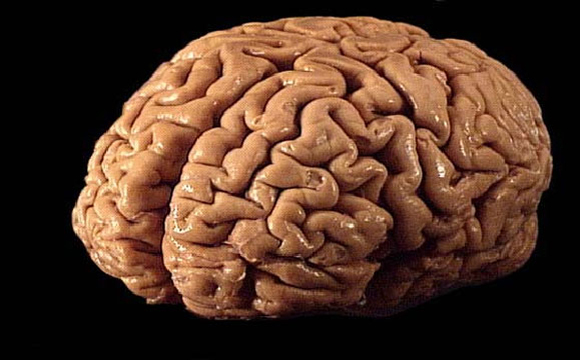What are the misconceptions about dyslexia?

Almost 20 percent of the U.S. population is diagnosed with a language-based learning disability called dyslexia. This disability is characterized by difficulties with word recognition, poor spelling and decoding abilities. Considering its prevalence, the critical questions to be asked are: What are the misconceptions about dyslexia? What effects does dyslexia have on children? What type of professional development is available for teachers to address the impact of dyslexia? What educational challenges (reading, mathematics, etc.) did film director Harvey Hubbell V face growing up as a dyslexic? What advice does Hubbell give to educational institutions (schools, colleges, universities) about students as a dyslexic?
According to the National Center for Learning Disabilities, dyslexia is a neurological disorder that causes the brain to process and interpret information differently. When people are born with dyslexia, it is a lifelong challenge. It can impact all ethnic groups and economic backgrounds and typically more than one person in the family is affected by dyslexia.
While individuals with dyslexic are not all alike, there are numerous misconceptions about dyslexia. Some of the most common misconceptions about dyslexic individuals are that they are not smart or gifted, they read or see things backwards; are lazy and lack the desire to learn; represent only a small percentage of the U.S. population and that most teachers know the characteristics or warning signs of dyslexia.
As an intervention, film director Harvey Hubbell V who is dyslexic, seeks to counter the popular misconceptions about this condition through Dislecksia: The Movie. To coincide with October being National Dyslexia Awareness Month, the movie is being released across the nation. According to Hubbell, “our goal is to leverage the power of the film to drive positive social change, to mainstream dyslexia, to raise awareness globally and to inclusively engage and positively affect as many populations as possible across racial, geographic and socioeconomic lines.”
In contrast to other learning disabilities, dyslexia can have numerous effects on children. This can include academic deficiencies in speaking, reading, writing, spelling and mathematics. For instance, dyslexic children can posses the inability to speak clearly, read coherently, write legible, spell properly and comprehend effectively higher order math problems being taught in the classroom. Without appropriate accommodation, this experience can lead to a high level of anxiety in children and discourage their school attendance. It can also lead to parents of dyslexic children feeling ashamed, frustrated, responsible or in denial of the circumstances and, subsequently, add to the problem of their dyslexic children.
To lessen the impact of students with dyslexia and related reading difficulties, The International Dyslexia Association has created the Knowledge and Practice Standards for Teachers of Reading. Moreover, IDA offers these standards to guide the preparation, certification and professional development of those who teach reading and related literacy skills in classroom, remedial and clinical settings.
Nine university programs in the U.S. such as Southern Methodist University and University of Colorado have been recognized for meeting the standards outlined by IDA. The standards comprise of seven content knowledge and application requirements teachers must master in order to become better teachers of students with disabilities. One example of content knowledge includes the teacher understanding and explaining the language processing requirements of proficient reading and writing through methods such as phonological (speech sound); orthographic (print); semantic (meaning); syntactic (sentence level) and discourse (connected text level) processing.
When I asked Hubbell about the educational challenges he faced in reading, mathematics, etc. growing up as dyslexic, he said, “All of them. I struggled with reading and was considered ‘bad news’ for carrying a calculator in high school. Learning to read outside of the school system was life altering for me, and a saving grace. I was blessed to have the support of parents who recognized my intelligence. Whether you are dyslexic or not, I believe very passionately that children need at least one strong supporter in their lives to help them chart their course. Whether it’s a relative, teacher, mentor or family friend – it doesn’t matter but that one person can make all the difference.”
To overcome the misconceptions of individuals with dyslexic, Hubbell advises educational institutions to “use teaching methods that are inclusive to all learning styles and never disenfranchise or give up on a student. The costs to our society, both locally and globally, are just too great.” He encourages everyone to see the Dislecksia: The Movie which explores issues surrounding dyslexia through a very human and personal lens. It includes the lifelong experience of Hubbell, the research of scientists, the practice of educators and the life experiences of celebrities, politicians, adults and children living with dyslexia.
Dr. Ronald Holmes is the author of four books, “Education Questions to be Answered,” “Current Issues and Answers in Education,” “How to Eradicate Hazing and “Professional Career Paths.” He is publisher of “The Holmes Education Post,” an education focused Internet newspaper. Holmes is a former teacher, school administrator and district superintendent. He can be reached at [email protected].

